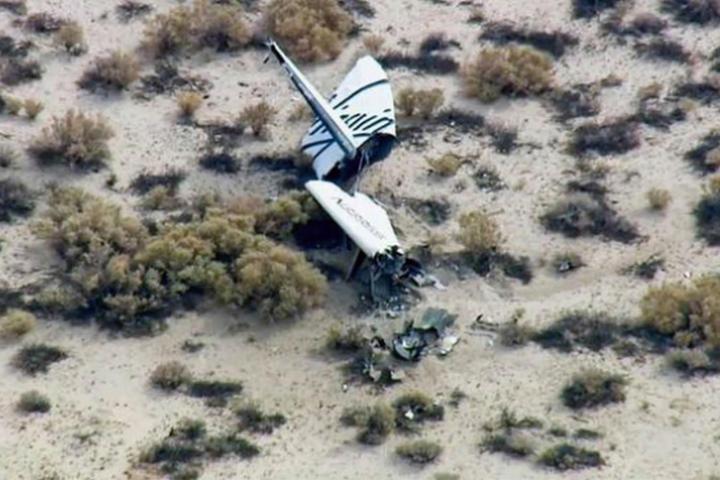
In a recent interview with Space.com, Virgin Galactic CEO George Whitesides said that the completion last week of ground-based qualification tests on rocket motors for SpaceShipTwo means its first test flights since January will be able to start “soon,” though he added that a precise date is yet to be fixed.
The CEO said that while the company has conducted many development tests over the years, the more recent qualification tests involve “firing the same motor design multiple times to make sure you’re seeing the same thing every time.” These trials have evidently gone well, as Whitesides has confirmed the team now “feels ready to put that motor on the spaceship.”
Virgin Galactic’s spacecraft, SpaceShipTwo, has six seats for passengers willing to hand over $250,000 a time for a once-in-a-lifetime trip into space. Around 600 people have already paid up, among them actor Ashton Kutcher and singer Lady Gaga.
In an appearance on Letterman last month, Virgin boss Richard Branson has said he expects the first commercial flight to take place as soon as February or March next year. And yes, he plans to be on board.
The whole experience is set to last a couple of hours ground to ground, with only a few minutes spent in space. SpaceShipTwo has been designed to launch from a high-altitude carrier – WhiteKnightTwo – which will take off from Virgin Galactic’s Spaceport America base near El Paso in New Mexico.
Other companies besides Virgin Galactic are known to be developing alternative space tourism services. Arizona-based World View Enterprises, for example, is making progress with its balloon-based experience, which it hopes will be able to take to the skies in 2016.
World View plans to offer customers a “peaceful” flight to the edge of space “for a two-hour sailing-like experience.”
A ticket for its high-altitude balloon trip cost $75,000, making it considerably cheaper than SpaceShipTwo’s asking price. However, whereas Virgin Galactic’s spacecraft is set to travel more than 65 miles above the Earth’s surface, the balloon will go no higher than 23 miles.

